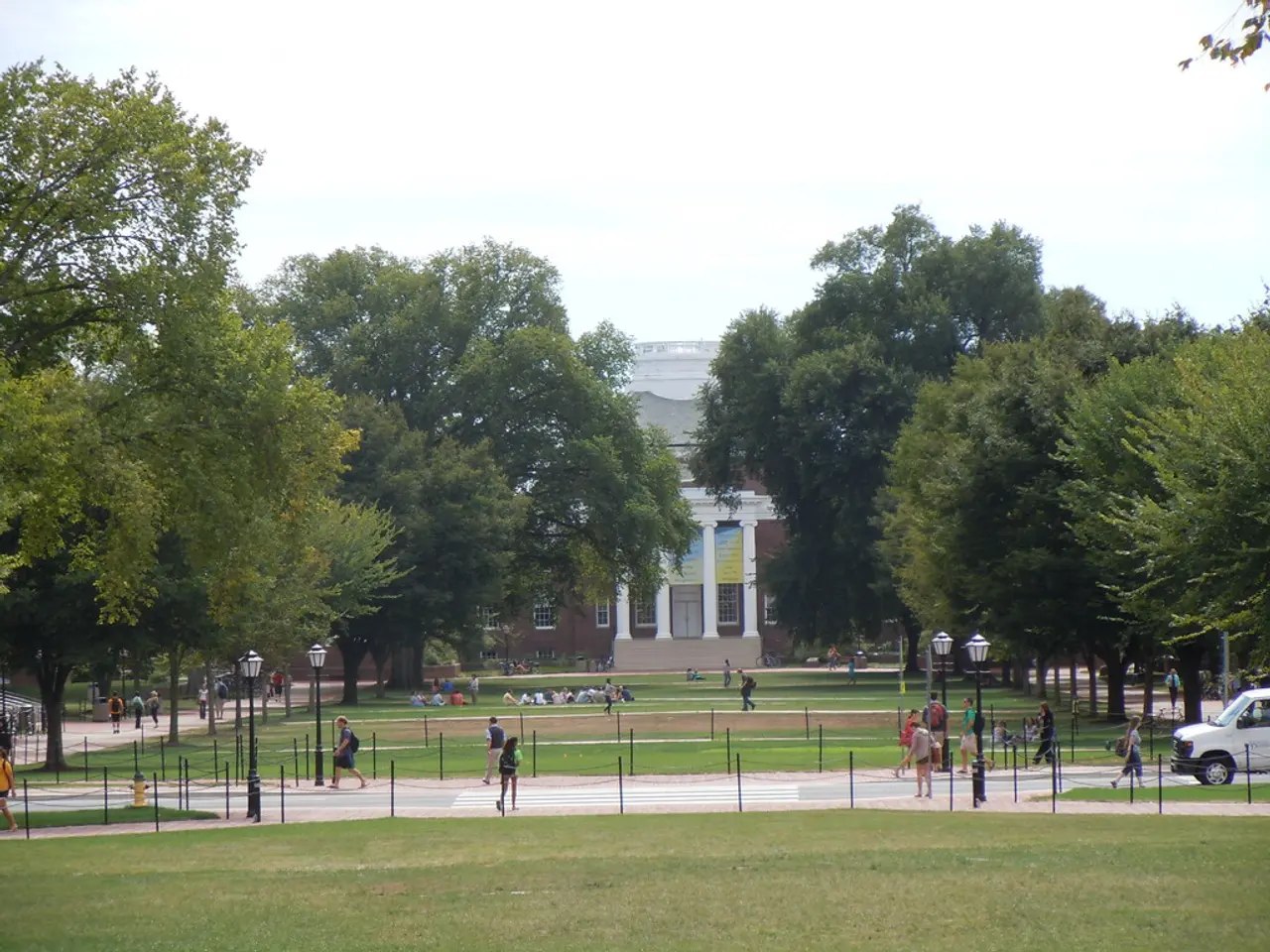Building Relationships at College: Beyond Group Activities and Bar Scenes
Making Friends at University: Strategies for Students from Alternative Backgrounds
University life can be a vibrant tapestry of experiences, but for some students, finding a sense of belonging can be challenging. Here are some strategies tailored for students from alternative backgrounds, such as older students, international students, first-generation students, and those who go home after lectures, to help them navigate the social landscape and build meaningful friendships.
Forming Friendships with Peers Who Feel Similarly Different or Marginalized
Young migrants and students from diverse backgrounds often find solace in shared experiences of feeling "othered." By creating alternative communities based on shared attitudes rather than ethnicity alone, they can foster a sense of appreciation and belonging, even outside mainstream social circles.
Participating in Academic or Creative Group Projects Designed with Choice and Collaboration
Some university courses encourage students to form small groups around thematic or creative project ideas, providing a low-pressure environment for like-minded introverted or non-traditional students to connect naturally. This can be more effective for fostering a sense of belonging than typical social events.
Navigating Social Life Beyond Typical Club or Pub Scenes
Students whose interests don't align with conventional university social norms often find themselves isolated initially. However, they can seek out alternative social activities or niche interest groups that better match their preferences, such as hobby clubs, discussion groups, or online communities.
Being Aware of Personal Social Needs and Gradually Building Relationships
Introverted students may initially hesitate to reach out, including to professors or peers, but building relationships can be facilitated by consciously using opportunities to engage, such as participating in class discussions or small group work.
Participating in University Life and Volunteering for Micro Roles
University cities offer a rich network of opportunities for personal and professional growth. Participating in these roles often involves working with a team of fellow students, offering opportunities to meet colleagues or customers. Volunteering for micro roles, such as student reps or campus open day monitors, can be found on university websites.
Using Coursework Strategically
Using coursework strategically, by asking to meet up in person instead of just chatting online, shows reliability, which many people find a valuable asset in a friend.
Exploring the Campus and City
Exploring the campus and city with others, even for casual activities like walks or lunch, can help build friendships. A good starting point for making friends is to locate those with a similar routine, not just shared interests.
The Importance of Consistency and Visibility
Sitting in the same seat for each lecture, studying in the same spot on campus regularly, and attending regular tutorials can help create visibility and consistency, making it easier to connect with others who share a similar routine.
Connecting with New Flatmates and Coursemates Before Meeting In Person
Platforms like Messenger, WhatsApp, and Slack can be used to connect with new flatmates and coursemates before meeting in person, helping to build a sense of familiarity and comfort.
The Best Kind of People
The best kind of people are those who love you for who you are. Embrace your uniqueness and seek out those who appreciate and respect you for the individual you are.
By adopting these strategies, students from alternative backgrounds can find a sense of belonging and build meaningful friendships at university. The key is often finding or forming a social space where shared attitudes or interests create inclusion, rather than relying on standard social norms of university life.
- Participating in University home-and-garden clubs could provide an opportunity for students to connect with peers who share a common interest, creating a sense of belonging even when social events might not align with their preferences.
- A university lifestyle that include hobbies such as gardening or crafting, when shared with others through campus clubs or online communities, can foster meaningful relationships beyond the traditional social circles often associated with university life.




